Join our network of over 200+ hotels growing their direct revenue online. Get Started
Join our partner networks of over 200+ hotels. Get Started
View what our clients say about us. Testimonials
In the heart of our digital age, a hotel’s website acts as its premier beacon, drawing in travelers from across the globe with the promise of a unique, memorable experience.
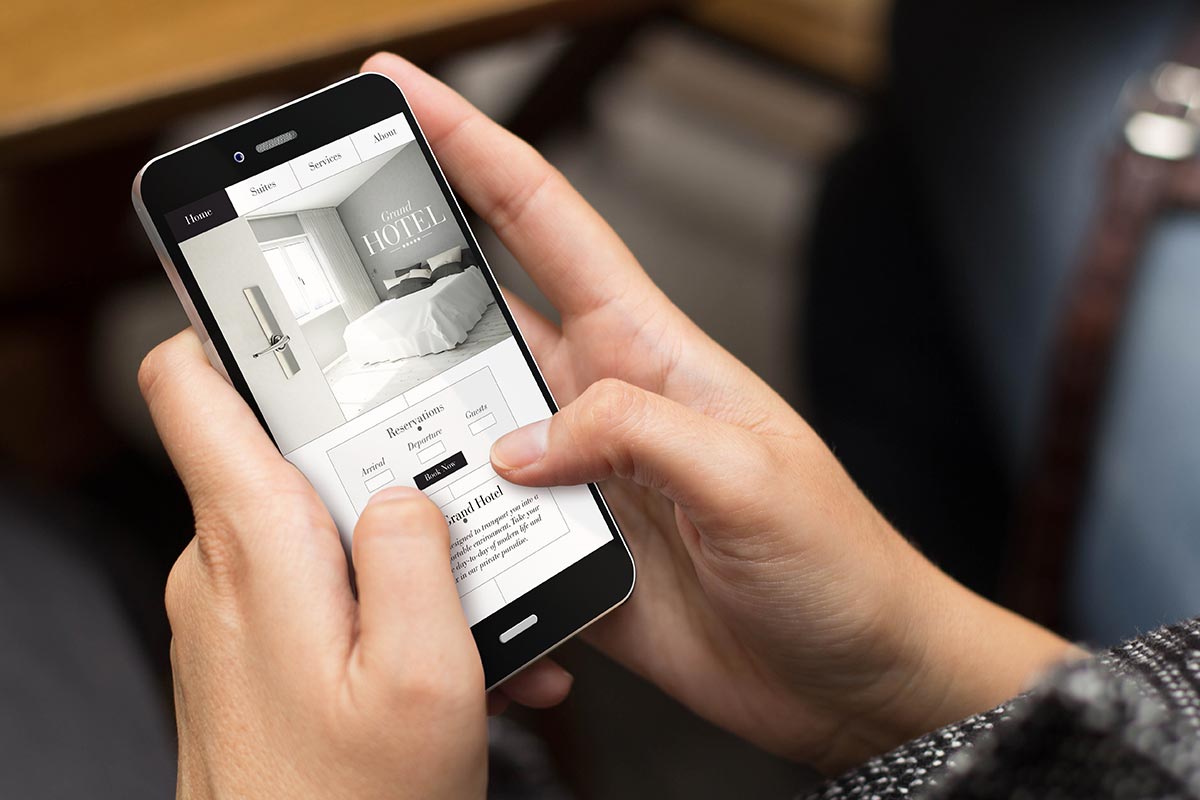
For such an experience, it begs the question:
The answer can be boiled down to three key elements: crafting a compelling page, a seamless user experience, and an integrated marketing plan.
But a webpage is more than just a digital brochure or a booking engine; it’s a powerful storybook that captures and communicates the essence of your hotel to every potential customer.
In the realm of luxury hotel web design, the real alchemists are the web designers and developers who transform the mundane into digital magic. They weave together visual artistry, user-friendly interfaces, and the intricate patterns of programming languages, creating a tapestry that leaves an indelible impression on every visitor.
The rabbit hole goes even deeper, extending beyond the obvious to the artful mastery of content management systems (CMS) like WordPress. These systems are the unseen puppeteers, simplifying the process of updating and maintaining the hotel’s vibrant digital presence, keeping your story fresh and inviting.
And let’s not forget the unsung hero of any digital strategy: search engine optimization (SEO). It’s not just about the beauty of the design, but also the whispering voice that calls out to search engines, ensuring your hotel’s story is heard far and wide, maximizing visibility in the vast digital landscape.
The art of hotel website design and development is that of convergence, where aesthetics meet functionality, and user experience intertwines with SEO.
It’s about painting a compelling digital portrait of your hotel that captivates potential guests and ultimately converts them into your brand ambassadors. In the hands of the right digital agency, your hotel website can transform from being a simple necessity to a potent profit-generating powerhouse.
Let’s dive into each element.

Hoteliers will know that developing a luxury hotel website is no small feat.
While web development focuses on programming languages and frameworks, hotel web design will require additional attention to design elements and content management systems.
While the website may not be the first point of contact for most website visitors (usually they’ll find you through a booking platform), it’s still important for presenting a professional image. Therefore, having an engaging and visually appealing homepage is crucial to increasing conversion rates. Here are some tips to help you create an engaging homepage for your hotel website:
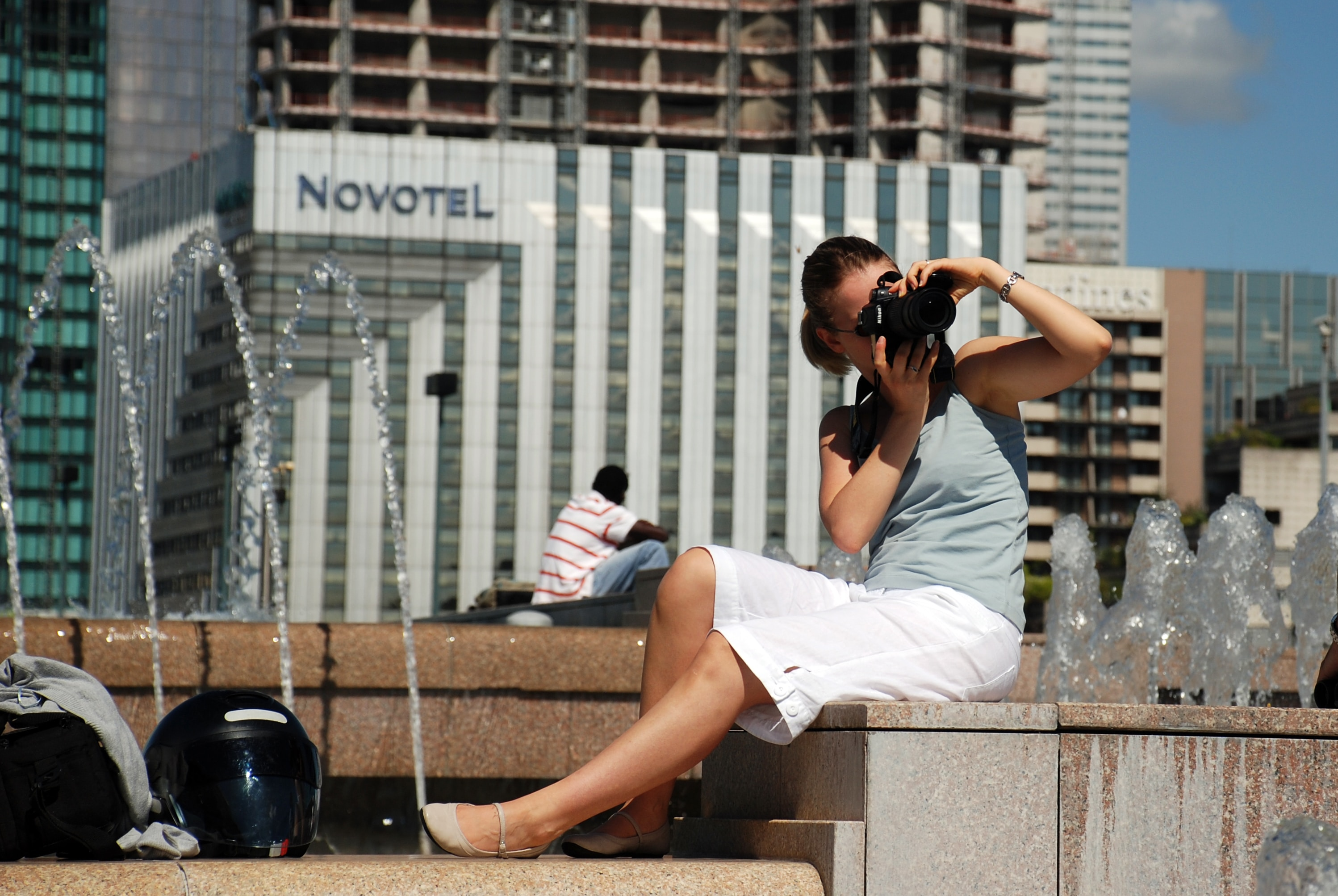
High-quality imagery is an essential aspect of a luxury hotel website.
Using professional photos of your hotel and surrounding areas can help create an instant connection with your audience.
Ensure that images are properly optimized to improve website load times.

Creating trust among website visitors is crucial for increasing conversion rates.
Add customer testimonials or ratings and reviews from previous guests on the homepage to show that your hotel is a reputable business with satisfied customers.
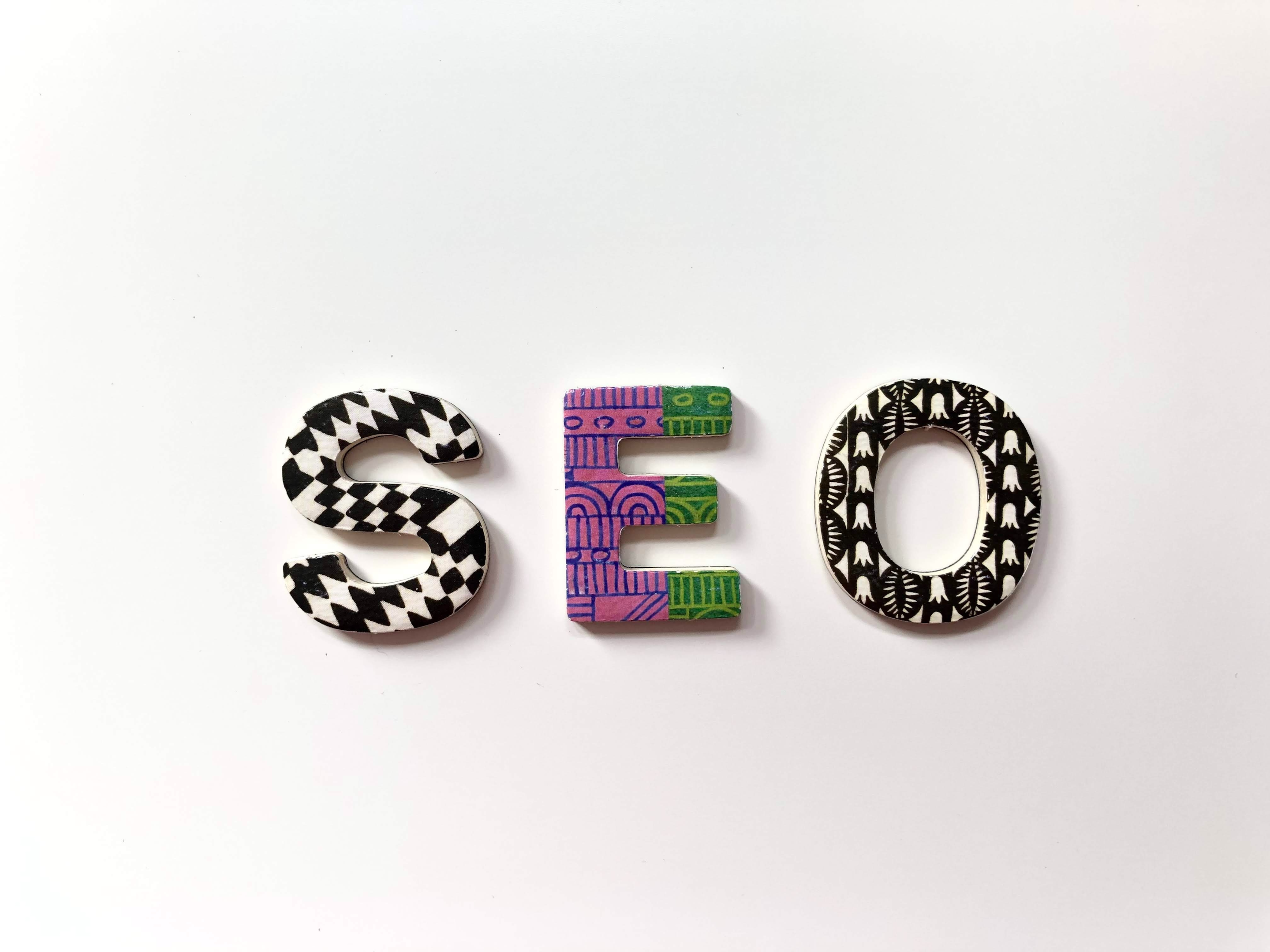
Optimizing your hotel website for search engines can help increase visibility and improve search engine rankings.
Use relevant keywords in title tags, meta descriptions, headers and content to help search engines understand what your webpage is about and improve search engine rankings.

Create a clear call-to-action to guide website visitors towards making a booking.
The CTA should be prominent and easily accessible from different parts of the website. Utilizing strong action-oriented phrases such as “Book Now” can help to drive website visitors towards conversion.
Creating an engaging homepage for your hotel website is a critical aspect of web design. By incorporating high-quality imagery, clear call-to-actions, social proof, and search engine optimization (SEO) techniques, you can create a high-converting website that bolsters your online business.
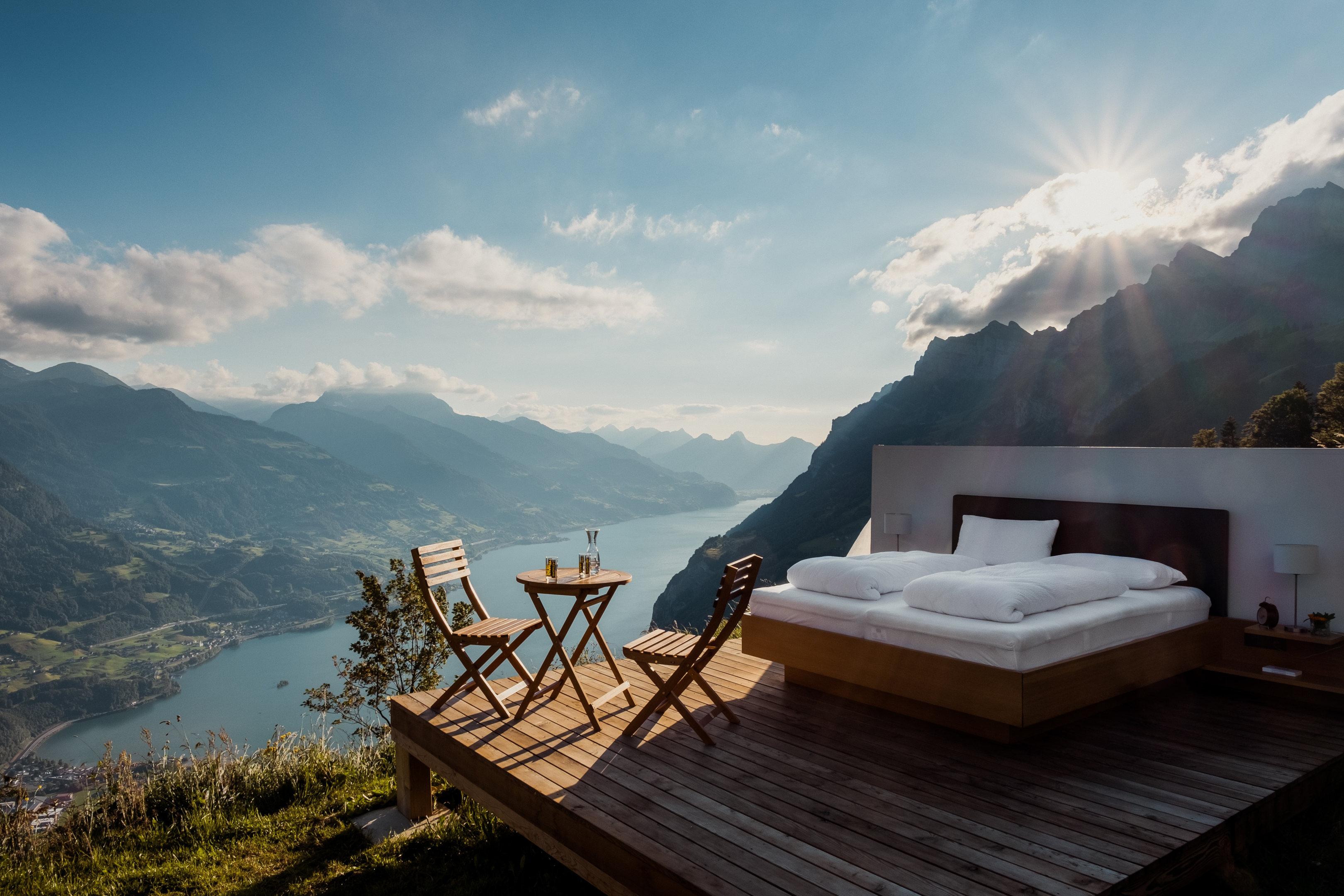
It goes without saying that nothing is more important than creating a visually appealing representation of the unique features of your luxury hotel.
At the core of every successful hotel website is high-quality visuals showcasing rooms and amenities. Website visitors want to see what their stay will look like, and the photos and videos you use can decide whether they book a room or not.
In order to maximize the impact of your web design, pay close attention to the quality and layout of the visuals.
Each photo and video must be carefully selected and positioned to create an immersive experience for the website visitor.
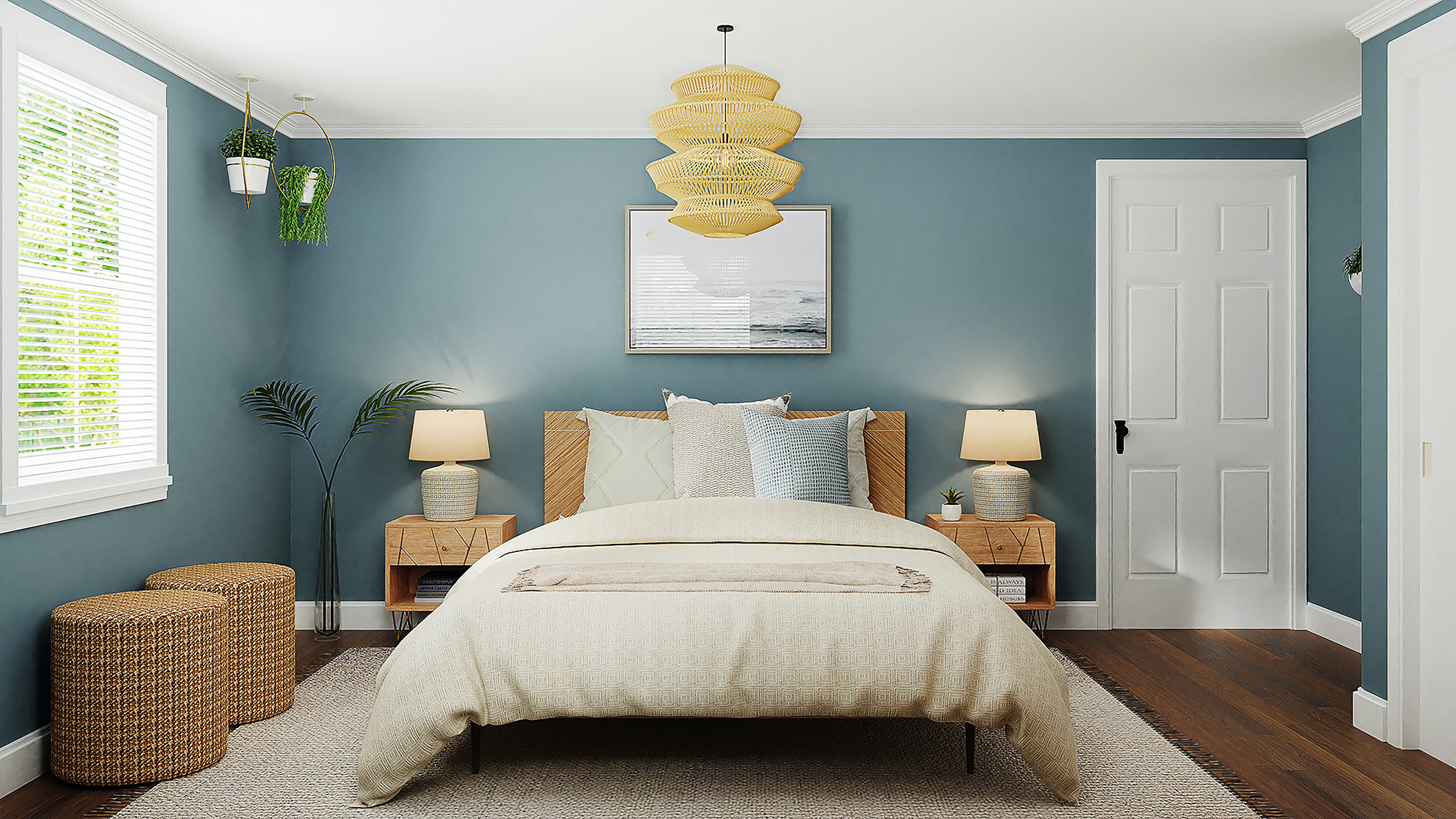
For a visual experience like browsing a website for a hotel, the effective use of color psychology can make all the difference in creating an engaging and memorable user experience.
Web developers must have a solid understanding of how color can impact website users and ensure that the colors chosen are optimized for the user experience.
This involves understanding the technical aspects of color application, including contrast ratios and color blindness.
Your web developer should understand the importance of incorporating visual elements that can evoke emotions, set the tone, and enhance the overall feel of a luxury hotel website.

The choice of colors used in a hotel can influence website visitors’ emotions and purchasing decisions.
Different color palettes can evoke different emotional responses, ranging from calm and soothing tones to bold and striking hues.
For example, soft, muted colors like blues and greens can convey a sense of calmness and relaxation, which can be beneficial for spas and wellness retreats.
Conversely, high-end restaurants and nightclubs can benefit from using bold, saturated colors like reds and blacks to create a sense of luxury and exclusivity.

When designing a luxury hotel website, there are several best practices for using colors to evoke a specific emotional response:
Understanding and incorporating color psychology in hotel website design can significantly impact user experience and ultimately drive business success.
Always strive to create websites that are not only visually appealing but also optimized for search engines and accessible to all website visitors.

A beautiful website that reflects the beauty of your hotel property is only one part of the equation. While the visual aspects should be front and center, you also need to make sure your visitors enjoy browsing your site.
Optimizing pages for speed, having every landing page free of errors and ensuring they can go where they want to go, are all the elements you need to be thinking about.
Navigation is one of the most important aspects of hotel web design. When designing your luxury hotel website, it’s important to ensure it has intuitive and easy-to-use navigation.
Good navigation is key to ensuring that website visitors find the information they need quickly and efficiently.
So what are the most important elements for navigation on a hotel website?
When building a hotel website, web designers and web developers should focus on designing navigation that is simple, practical, and effective.
Implementing a content management system (CMS) like WordPress can also help to simplify navigation and make it easier to manage your website’s content.
By doing so, you can make changes and updates to your website quickly, which can be particularly useful if your website is constantly evolving or if you have a lot of content to manage.

There’s a critical element that often stands as the dividing line between a placeholder website and one guests will actually use: responsive design.
Think of it as the chameleon-like ability of your website to seamlessly adapt to the myriad screens that it might find itself projected onto, from the expansive desktop monitors to the compact mobile screens.
As the world pivots increasingly toward mobile-first access, it’s not just important but absolutely essential for luxury hotel websites to be responsive.
It’s akin to speaking the language of your audience; you’re ensuring your story is heard, seen, and felt in the most optimal way, regardless of the device it’s viewed on.

Consider this startling statistic: over half of all global website views now originate from mobile devices.
That’s a monumental shift that simply can’t be ignored. Failing to optimize for mobile viewing means shutting your doors to potential customers – and not just any customers, but a rapidly growing segment of them.
Beyond the tangible loss of visitors, there’s a hidden sting too: poor search engine rankings. Google understands the shift that’s happening and will prioritize sites that ensure a good user experience.
Failure will mean banishment to the bottom of search results, a dire consequence for any hotel website in the digital battleground.
Creating a responsive design is no small feat; it demands a profound understanding of web development and ideal formatting.
Thankfully, there are content management systems that come armed with responsive design elements, lending a helping hand to web designers in crafting captivating, functional hotel websites.
Bear in mind the diversity of screen sizes and resolutions. Ensure your content remains readable, your navigation intuitive, and your visual appeal undiminished, irrespective of the device.
High-quality images and videos should continue to mesmerize, creating an immersive, visual symphony, regardless of the size of the screen or device specs.
In the grand scheme of things, responsive design isn’t just a nice-to-have; it’s rapidly becoming a must-have for the success of hotel websites.

It’s about crafting an unforgettable user experience, boosting your search engine ranking, and ultimately, converting digital visitors into your hotel’s guests. This is the power of responsive design – it’s the key to unlocking a treasure trove of opportunities in the digital sphere.
Creating an easy-to-use navigation for your hotel web design is critical to the success of your online presence.
Invest in a simple yet effective navigation design, ensure your website is mobile-responsive, and optimize for search engines to give yourself the highest chance of attracting and converting potential guests.
With a beautiful site with a great experience for visitors ready, it’s time to consider one of the remaining pillars of a successful hotel: your marketing.

The greatest website in the world counts for nothing if potential visitors don’t see it. This is why it’s crucial to have a solid marketing plan behind your hotel.
However, the field of marketing is always changing and digital marketing is even more vulnerable to the latest trends. There are key ways to stay ahead of the curve though.
An aesthetically pleasing and user-friendly website is only half the battle. You must also optimize your site for search engines to increase visibility and attract more website visitors.
Content management systems make it easier for hotel managers to update their websites without requiring extensive coding knowledge.
In addition, incorporating design elements that allow for easy navigation, quick load times, and mobile responsiveness, are all crucial aspects of increasing your search engine rankings. Here are a few other brief points to keep in mind.
Conducting thorough research to determine the keywords and phrases that potential guests are using when searching for hotels in your area is an important way to get to the top of organic results. Strategically integrating those keywords into your website content will boost your rankings on search engines like Google and Bing.
Another important aspect of search engine optimization is meta descriptions.
Meta descriptions are short summaries of your hotel website that show up in search engine results pages.
Ensure that your meta descriptions are compelling and accurately represent your hotel, encouraging more website visitors to click through to your site. There’s another facet to this though. Search engines are getting better at recognizing tricks in SEO, so be honest and compelling with your meta descriptions.

Don’t forget other factors that affect search engine rankings, such as website speed and security. A slow or insecure website can negatively impact your SEO efforts and deter potential guests from booking with your hotel.
An insecure website can get blacklisted, ensuring it never achieves its SEO goals. And no one wants to spend time on a slow website.
Preparing your hotel website for search engines is a crucial step in increasing online visibility and attracting more guests to your property.
The next crucial aspect of a hotel website is guest reviews and testimonials. People don’t want to be the odd ones out or stick out their necks on an unproven establishment.

Including guest reviews and testimonials on hotel websites has become increasingly important in recent years. Not only do they provide valuable insights to potential guests, but they also serve as social proof, which helps potential visitors to make informed decisions.
Your web designer should include a content management system that allows for easy integration of guest reviews and testimonials.
A web developer proficient in programming languages such as HTML, CSS, and JavaScript, will help to create dynamic web pages with interactive design elements.
It’s essential to use a neutral, confident tone when including guest reviews and testimonials on a hotel website.
They should be displayed prominently and reflect well on your hotel. Still, include a mix of positive and negative comments (if there are any) which adds to them feeling legitimate.
Doing so will help to build trust with potential visitors and show that the hotel values guest feedback.
When combined with other design elements and search engine optimization, guest reviews and testimonials can help to increase a hotel’s visibility and ultimately drive more bookings.

Social media has become an essential part of our daily lives, with almost everyone present on a platform, leveraging this medium has been proven to increase bookings.
Here are some ways to incorporate social media into your luxury hotel website:
What exactly are the benefits of incorporating social media into your hotel website?
To be ahead of the competition, incorporating social media into your hotel website should be a top priority.
Having social media in your hotel’s digital marketing strategy can be a game-changer for your online presence.
By working with experienced influencers and building a brand strategy out of your social media you can create a hotel website that not only showcases your hotel but also engages with potential guests on a personal level.
Don’t forget an effective call-to-action (CTA) strategy.
Your website design and development team should have a keen understanding of what customers want to see, how they want to book, and how they respond to design elements.
Effective web design focuses on creating a strong connection between the website visitors and the hotel brand.
Attracting potential guests is one thing, but converting them into actual bookings is another.
One of the most critical areas when it comes to web development is ensuring that the website convinces browsers to make bookings.
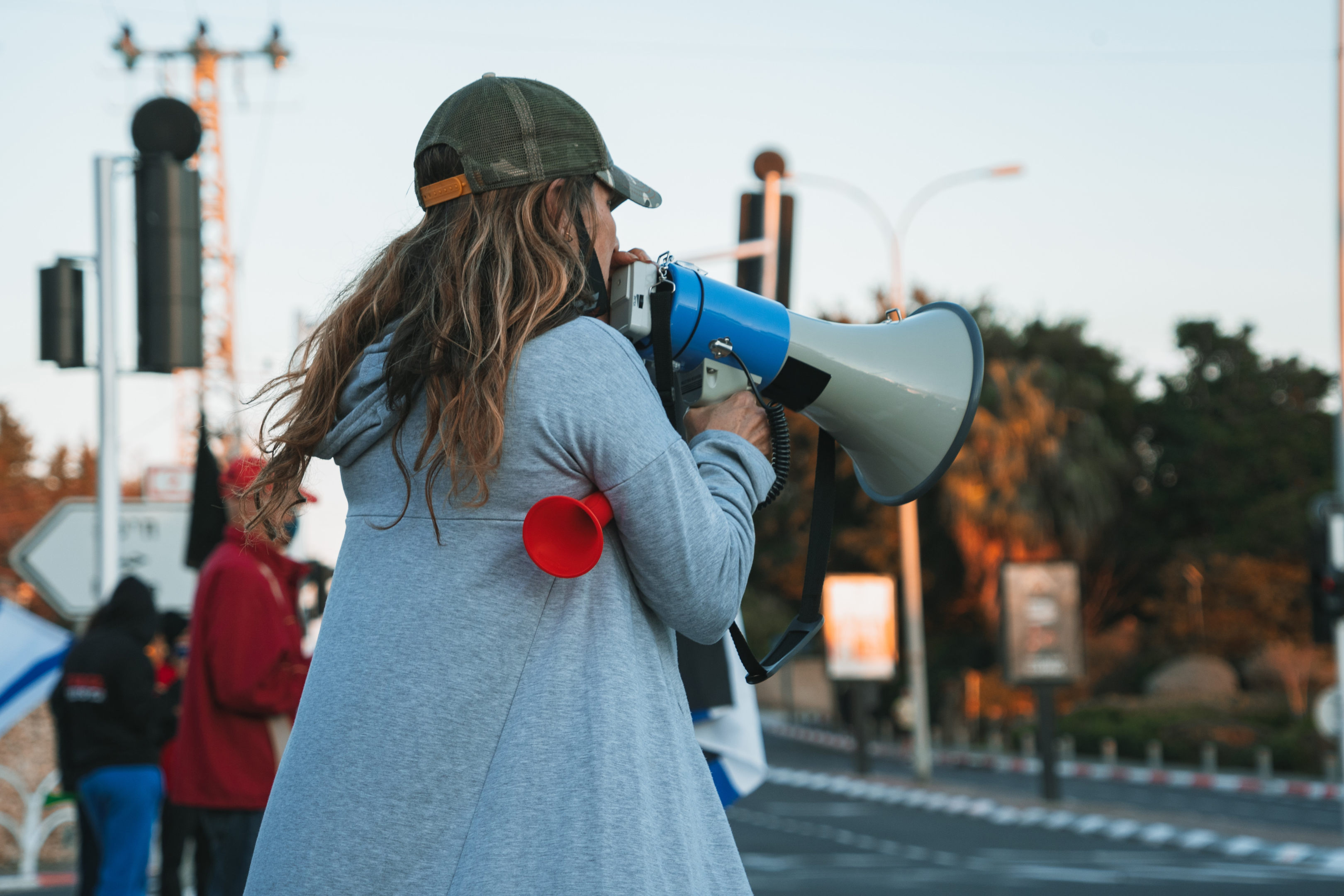
To achieve this objective, the website designers and web developers should consider several factors, including:
Web designers and web developers can leverage various programming languages and content management systems, such as WordPress, Drupal, and Joomla, to ensure effective implementation of website elements such as the hotel’s branding, high-quality imagery, clear navigation menus, and seamless booking experiences.
Moreover, optimizing a luxury hotel website for search engines is particularly important.
The website should be search engine optimized (SEO) to ensure that search engines such as Google understand what the site is all about and showcases it to the right audience.
A well-planned SEO strategy assists in increasing the website’s visibility in search engine results, leading to more traffic and bookings.
Luxury hotel website design and web development should prioritize creating a website that strongly encourages website visitors to make bookings.
Effective CTAs, optimized web design, mobile responsiveness, search engine optimization, and streamlining the booking process are all essential components that assist in increasing conversions.
In today’s ever-competitive digital world, websites play a crucial role in attracting and retaining potential guests.
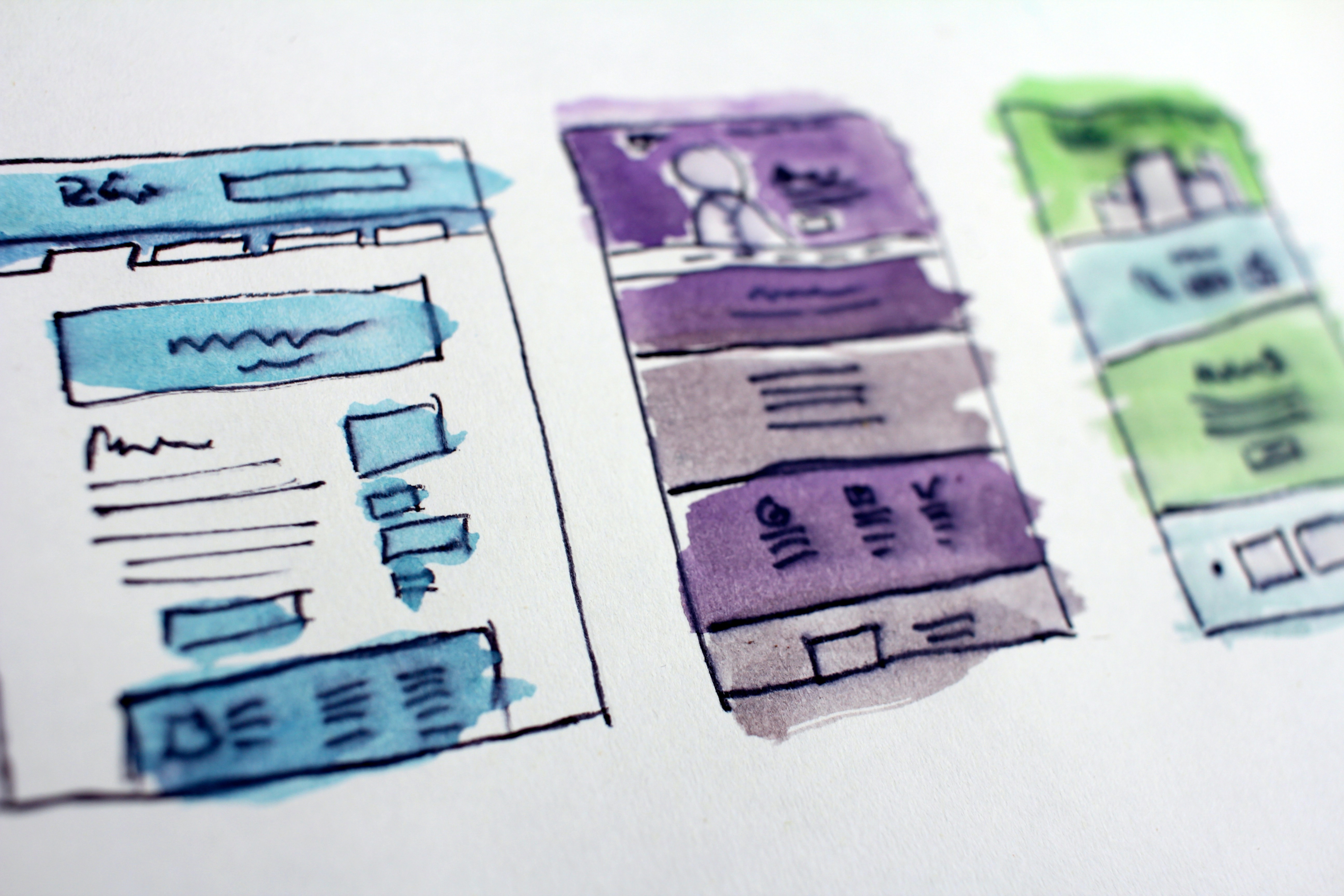
Therefore, paying attention to your hotel website design is essential to increasing bookings and keeping up with your competitors.
Web development focuses only on the technical aspects of building a website and while that helps provide a seamless user experience, it’s not enough for a hotel property.
To start, web designers and developers should strategically place high-quality images and content on the website to attract website visitors.
The website layout should embrace the brand’s personality and story and be easy to navigate. Consumers expect a seamless and user-friendly experience, which can include straightforward booking options, mobile-friendly designs, and quick load times.
These design elements combined with ease of navigation, visual appeal, and overall functionality create a truly worthwhile experience for visitors.
Additionally, web designers and developers should ensure the website is optimized for search engines by using the appropriate metadata, keywords, and frequently updated content.
Since the majority of hotel bookings are made online, the website should prioritize the online booking process for the user’s convenience.
Combining all of these elements into a unified strategy ensures that potential guests find your hotel website and ultimately choose to book with you.
By incorporating these strategies, you can increase your bookings and stay ahead of the game in the competitive luxury hotel market.
If you’re ready to take your website to the next level, reach out to us now and we’ll bring your hotel to the top!
We're here to help our hotel partners take back control of their sales channels - we’re
happy to discuss your requirements and explore how we can increase your revenue.